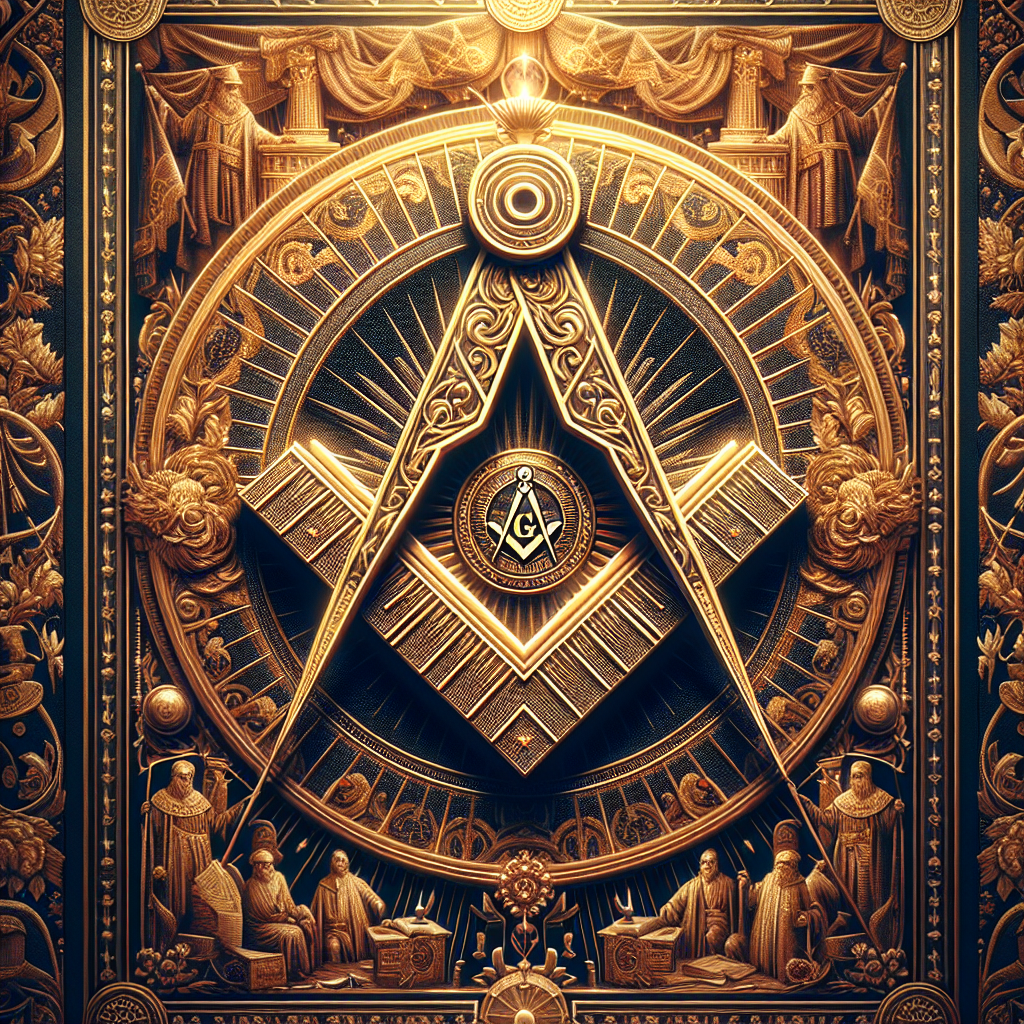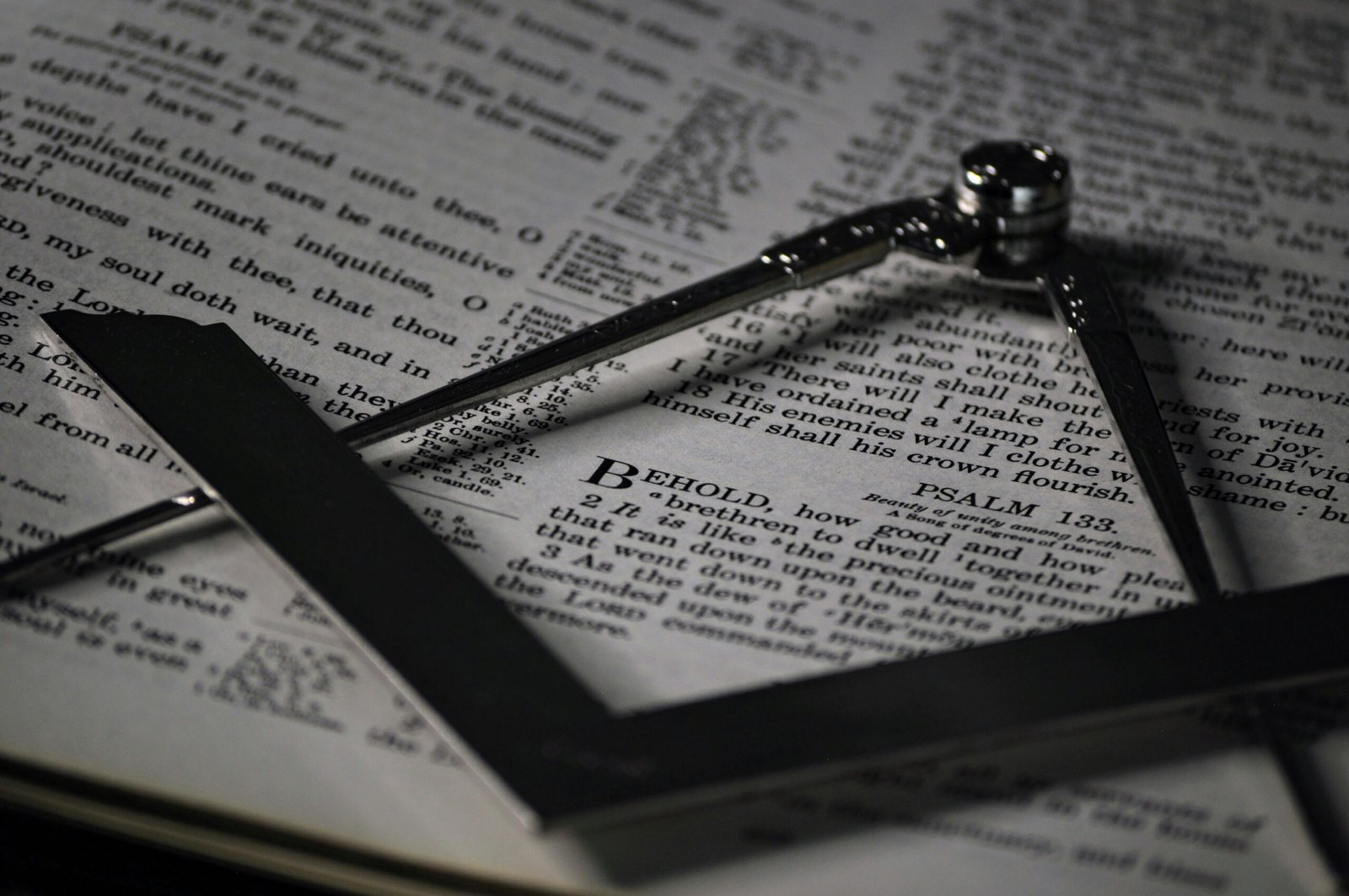
Have you ever wondered what lies behind the mystery of the Freemasons? Curious about how to become part of the Freemasonry community? This article will provide a guiding light on your journey to understanding and joining the Freemasons. Here, you’ll discover the steps, requirements, and insider tips on how to become involved in this secret society. All will be revealed, so sit tight as you’re about to embark on an intriguing exploration about the path towards becoming a Freemason.
Understanding the Organization of Freemasonry
Freemasonry is a fraternity steeped in history, tradition and symbolism. It emerged in the late 16th or early 17th century and has been a topic of fascination and curiosity ever since. Freemasonry originated from the stonemason guilds during the Middle Ages. Over time, it evolved into an organization that sought to promote the mutual intellectual, social, and moral improvement of its members.
What Freemasonry is and its origins
Freemasonry, also known as Masonry, is one of the world’s oldest and largest fraternal organizations. It is a society of men who are concerned with moral and spiritual values. Its members are taught its principles by a series of ritual dramas, which are a progression of allegorical two-part plays that are learnt by heart and performed within each lodge. The origins of Freemasonry are not definitively known, but it’s widely understood to have evolved out of the guilds of stonemasons during the Middle Ages.
Structure and functions of a Masonic Lodge
A Masonic lodge is a basic organizational unit of Freemasonry. Each lodge is governed by a Master Mason who is elected annually. The lodge typically meets once a month and operates according to a set ritual. The functions of a Masonic lodge are manifold, including coordinating the instruction and work of Masons, promoting fraternity, and serving the community.
Roles and responsibilities of Masonic members
Members of a Masonic Lodge hold various positions, each with their own unique responsibilities. These roles range from the Worshipful Master, who oversees lodge affairs, to the Senior and Junior Wardens, Treasurer, Secretary, Deacons and Stewards. Each member has a duty to contribute to the general welfare of the lodge, uphold its principles, and support their fellow Masons.
Eligibility Criteria to Join Freemasons
Though Freemasons are an inclusive fraternity, they have certain eligibility criteria that need to be met to be considered for membership.
Age criteria for joining Freemasons
One of the primary criteria to join the Freemasons is age. The age requirement can vary between jurisdictions, though it typically ranges from 18 to 21 years. You should check with your local lodge to understand the specific age requirement in your region.
Religious requirements to join
Despite a prevalent misconception, Freemasonry is not a religion. While it requires its members to believe in a Supreme Being, Freemasonry does not promote any specific religious belief. Men of all faiths are welcome to join, as long as they believe in a higher power.
Moral and ethical standards for applicants
Freemasons value morality highly. Prospective members must have a good reputation, be well-recommended by current members, and have a character demonstrated by kindness, honesty, and a sense of responsibility. Criminal records and unethical behavior can be barriers to joining.
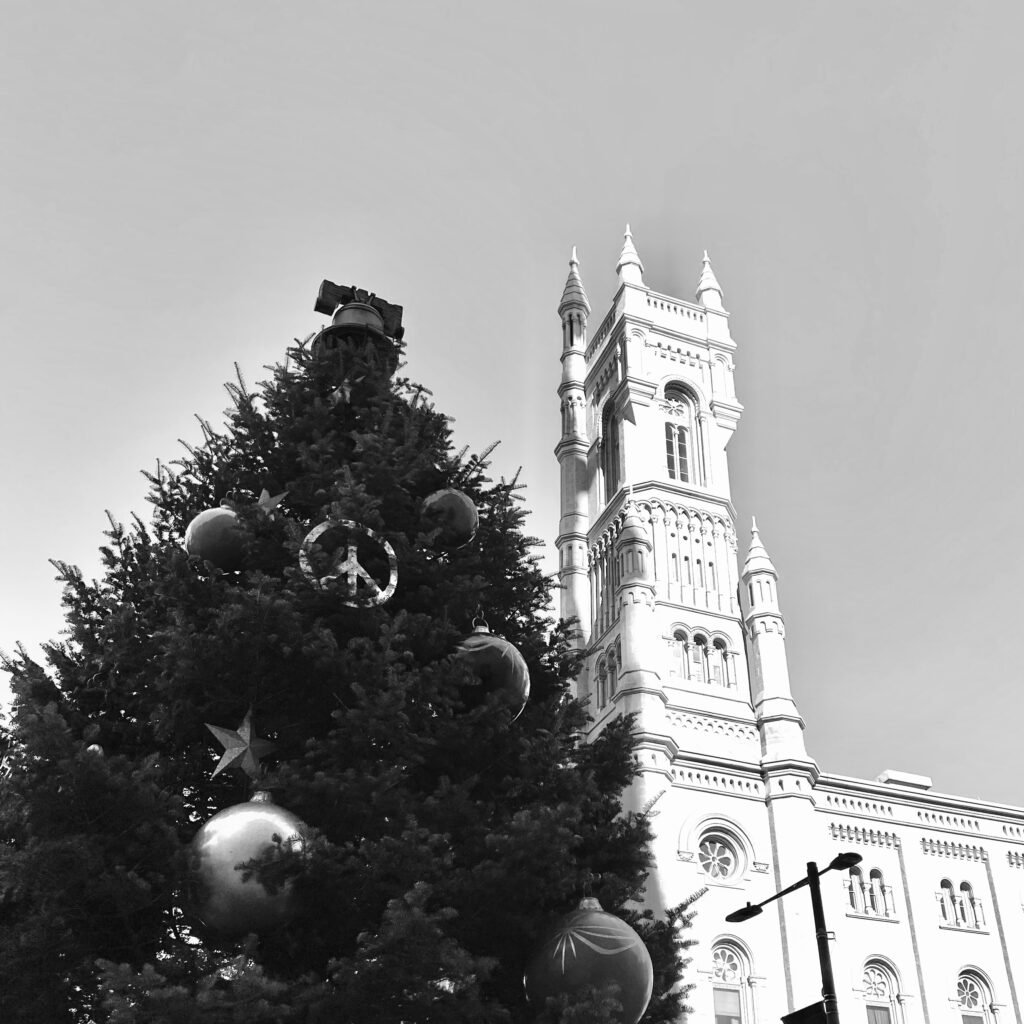
Benefits of being a Freemason
Membership to the Freemasons offers several private and public benefits.
Socio-cultural benefits
Being part of this historic society offers unique socio-cultural experiences. You’ll be able to participate in centuries-old rituals, connect with members who have a wide array of professional and personal backgrounds, and establish lifelong friendships.
Personal development opportunities
Freemasonry is also about personal growth. Through participation in lodge activities and learning about Masonic values, there are many opportunities for self-improvement, leadership development, and increasing self-knowledge.
Community service involvement
Freemasons are known for their dedication to charitable work. As a member, you’ll be part of a network that contributes significantly to various local and global charities. These philanthropic opportunities provide a way to give back and make a tangible impact on your community.
Location and Distribution of Freemasons
Freemasonry is a global fraternity, found in almost every country around the world.
Geographical coverage of Freemason lodges globally and locally
Freemason lodges are located globally across many different countries, from the United States and England to Australia and Brazil. Locally, lodges can be found in cities and towns of all sizes, revealing the widespread nature of Freemasonry.
Popularity and density of Freemasons in different regions
The popularity and density of Freemasons vary by region. Freemasonry is most densely populated in English-speaking countries such as England, the United States, and Australia. However, it also has a significant presence in Europe, South America, and parts of Africa and Asia.
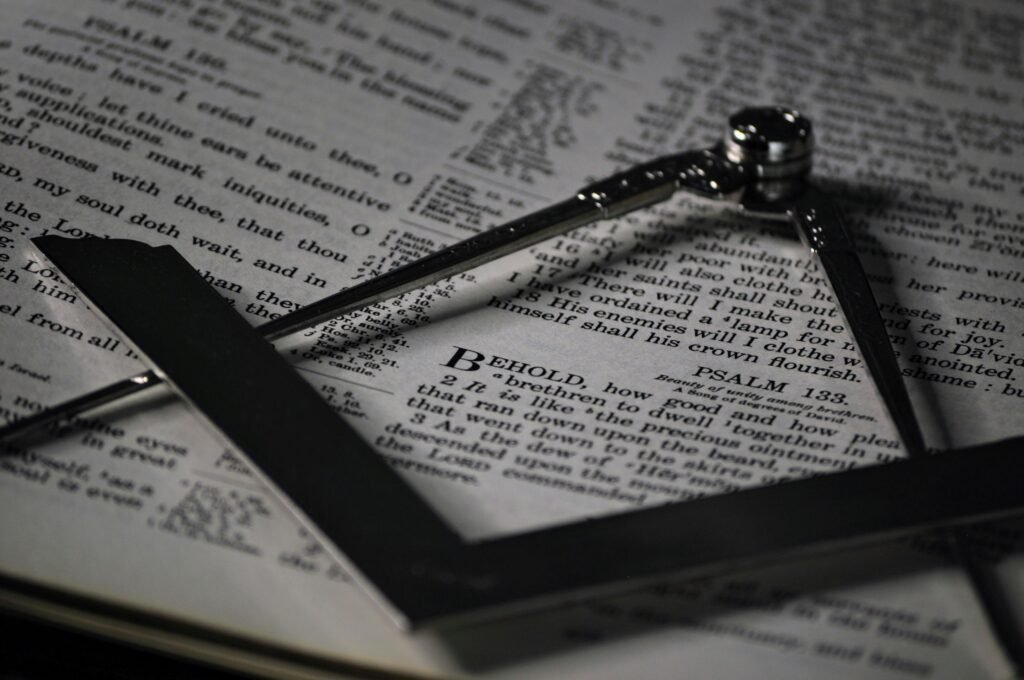
Prerequisites to Freemason Application
Before applying to become a Freemason, several things need to be taken into account.
Detailed process of application
The process of joining the Freemasons starts with an informal approach, ideally to a lodge where you already know a member or are acquainted with someone who is. If that’s not possible, reach out to your local or national Grand Lodge for advice. Freemasonry operates on a lodge system, whereby individual lodges assess and ballot upon prospective candidates.
Pre-application checklist and preparation
Before you apply, you should familiarize yourself with Freemasonry’s tenets, ensure you meet the eligibility requirements, and be ready to explain why you want to join. It’s critical to understand that Freemasonry values time commitment and active participation; it is not just a club to join, but a way of life to embrace.
Common misconceptions and FAQs about the application process
Common misconceptions about the application process include the belief that you have to be invited to apply – in fact, the opposite is true. One must seek to join the Freemasons of his own free will. You might also have questions about time commitment, the initiation process, and what’s expected of you as a member. Look out for information sessions or reach out to members to get accurate insights into these.
Connection and Interaction with Freemasons
Just as a fraternity is built upon mutual respect and connection, the same applies to interactions with Freemasons.
How to approach a Masonic lodge or member
Approaching a Masonic member or the lodge can be done informally, either in person or through a written inquiry expressing interest. Be transparent about your reasons for applying; Freemasons appreciate genuine enthusiasm and a desire to be part of the fraternity.
Understanding Masonic events and open houses
Many lodges host public events, open houses or tours, which can provide an excellent opportunity to gain an understanding of Freemasonry. It’s a great chance to meet members, ask questions, and see if Masonry is right for you.
Building connections within the Masonic community
Building connections within the community is achieved through active participation in lodge activities and events, volunteering for projects, and networking with other members. This will help build a sense of camaraderie and foster lifelong friendships.
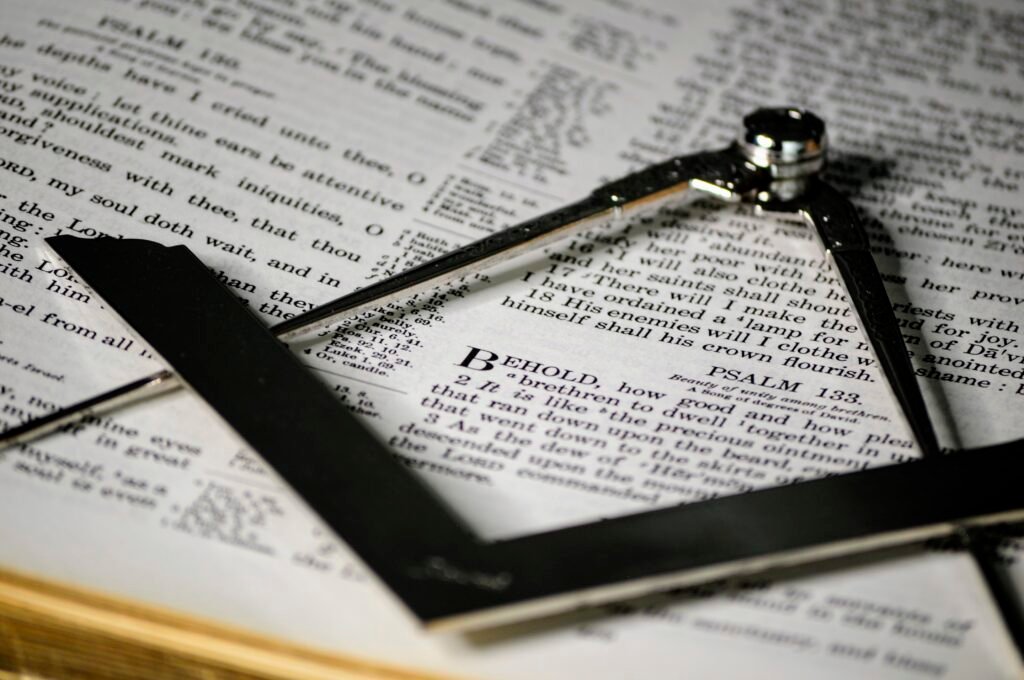
Application Process for Freemasons
The application process for Freemasonry is designed to assess whether you are indeed a right fit for the frat
Steps of Freemason application process
After initial discussions with a lodge or a member, the formal application process comprises filling out a petition or an application form. A lodge committee will then review your application and conduct an interview, after which they’ll discuss and vote on your application.
Time duration needed for a complete Freemason application
The length of the application process can vary by lodge and judicial area. Typically, expect a few weeks to a few months for the process from initial approach to initiation.
Tips to improve chances of selection
Being truthful, open, and enthusiastic in your interactions can help improve your chances of selection. Demonstrating willingness to allocate time for lodge activities and showing commitment to the fraternity’s principles are crucial.
Interview and Acceptance Process
Freemasons pride themselves on being selective, so candidates undergo an interview process.
Nature and scope of Freemason interviews
The interviews are conducted by a committee from the lodge and primarily focus on understanding your character, your interest in Freemasonry, and your moral and ethical values. It’s generally a friendly discussion, designed to ensure a mutual fit.
What to anticipate after the interview
After the interview, the lodge committee discusses and votes on your candidacy. If approved, you’ll be notified and an initiation date will be set. If rejected, you might receive feedback and could potentially apply later, following lodge rules.
Acceptance, denial, and waitlist procedures
Upon acceptance, the lodge will discuss a date for your initiation into Freemasonry- an important rite of passage. If not accepted, you can ask for constructive feedback and consider reapplying in future. Some lodges might have a waitlist mechanism if there’s an influx of applicants.
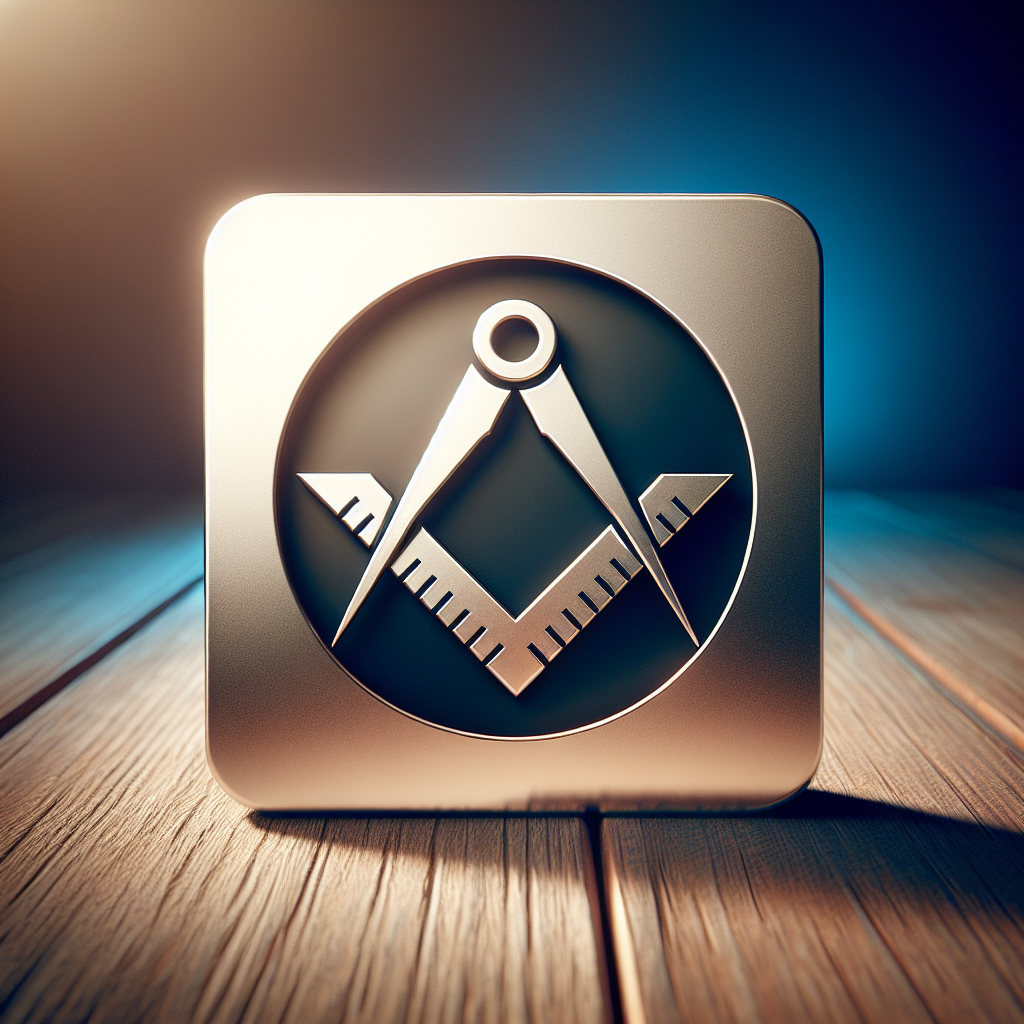
Initial Integration into Freemason Community
Once accepted, you’ll begin your journey as a Freemason.
Orientation and initiation into Freemasonry
The initiation process is a symbolic rite of passage, designed to highlight the principles and teachings of Freemasonry. This is followed by your progress through three degrees of Freemasonry: Entered Apprentice, Fellow Craft, and Master Mason.
Role of mentors and guides
New members are often assigned a mentor to guide them through initiation and the subsequent degrees. This mentor is there to support your learning and understanding of the practices and principles of Freemasonry.
Understanding Masonic rituals, ceremonies, and traditions
Understanding Masonic rituals, ceremonies, and traditions takes time, given the rich and symbolic nature of these practices. These rituals are a key part of the Masonic experience and tie members together through shared experience and understanding.
Long-term Responsibility and Commitment as a Freemason
Becoming a Freemason is a lifelong commitment.
Ongoing learning and development within Freemasonry
Even after achieving the Master Mason degree, there’s ample scope for learning from other Masons, delving deeper into Freemasonry symbolism, or taking on new roles within the lodge. Freemasonry encourages continuous learning and personal growth.
Expectations and rules for member conduct
As a Freemason, you are expected to live according to the fraternity’s principles, which include brotherly love, relief, and truth. Encouraging moral righteousness in actions, speech, and thought is a fundamental expectation.
How to sustain and nurture bonds within the Masonic fraternity
Sustenance of bonds is cultivated through active participation in Lodge events, regular attendance at meetings, and fostering mutual support among the brethren. Like any fraternity, giving your time, energy, and sincerity will nurture these relationships.
